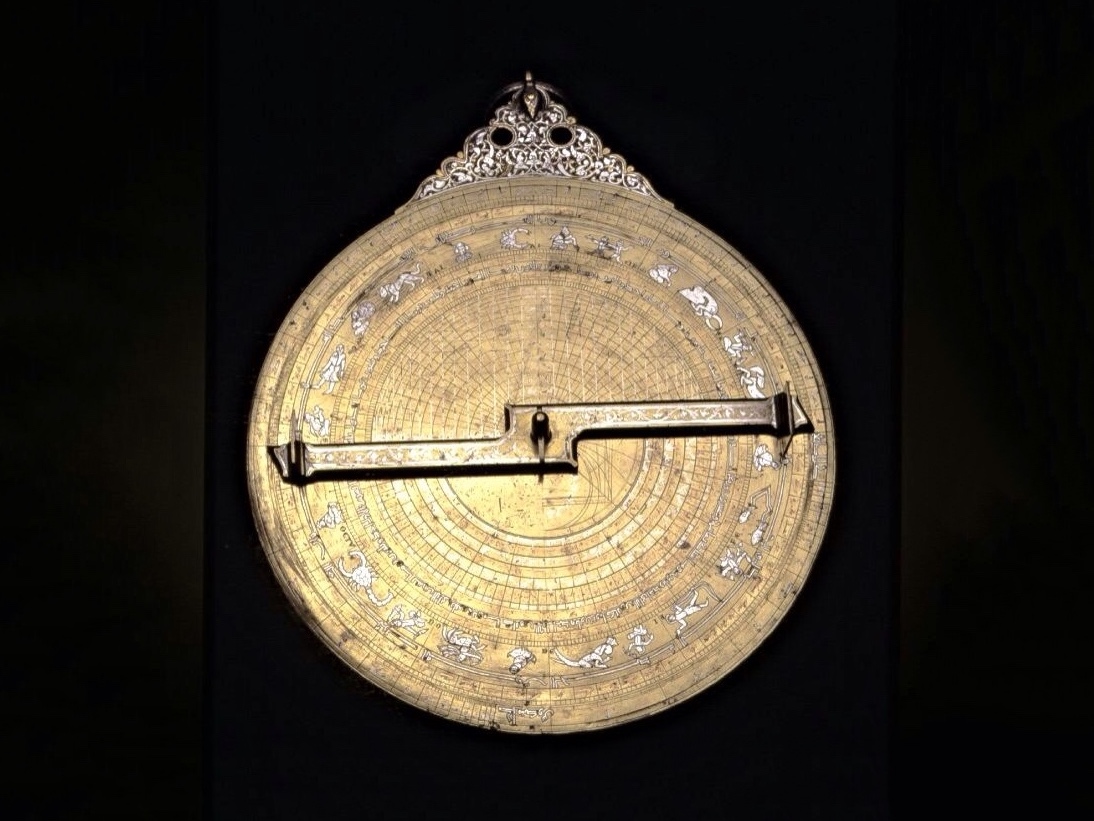

If you love flowers, plants, birds and animals, then you are in the right place. I love nature photography and combined with my love of birds, flowers and travel I have decided to create a place to present photographs and information on my favorites. This is a revision of my previous website traveltoeat.com since I become old (and fat) and I have become more interested in photography than eating.
I live in Las Vegas but I travel frequently in the southwest, California and in fact around the world. While Las Vegas would seem to be an unusual choice with regards to plants and birds it is an unusually busy place due to Pacific Migration Flyway which comes through Las Vegas. Since this is a desert, the birds are concentrated in the many springs, seeps, lakes and parks in and around Las Vegas, making for really great birding.
Since the previous blog focused on travel and eating, there will be a fair amount of focus on history beautiful architecture and food. However, both in the past and today I am always interested in a good garden, zoo, safari or hike.My idea of a perfect day is to be surrounded by flowers, insects, animals and birds, I hope my photographs and descriptions will inspire you in your own travels and hikes.
Copyright © 2023 Kurt Buzard MD